China's tariffs on a range of US agricultural products, with tariffs of up to 15%, officially took effect today (March 10).
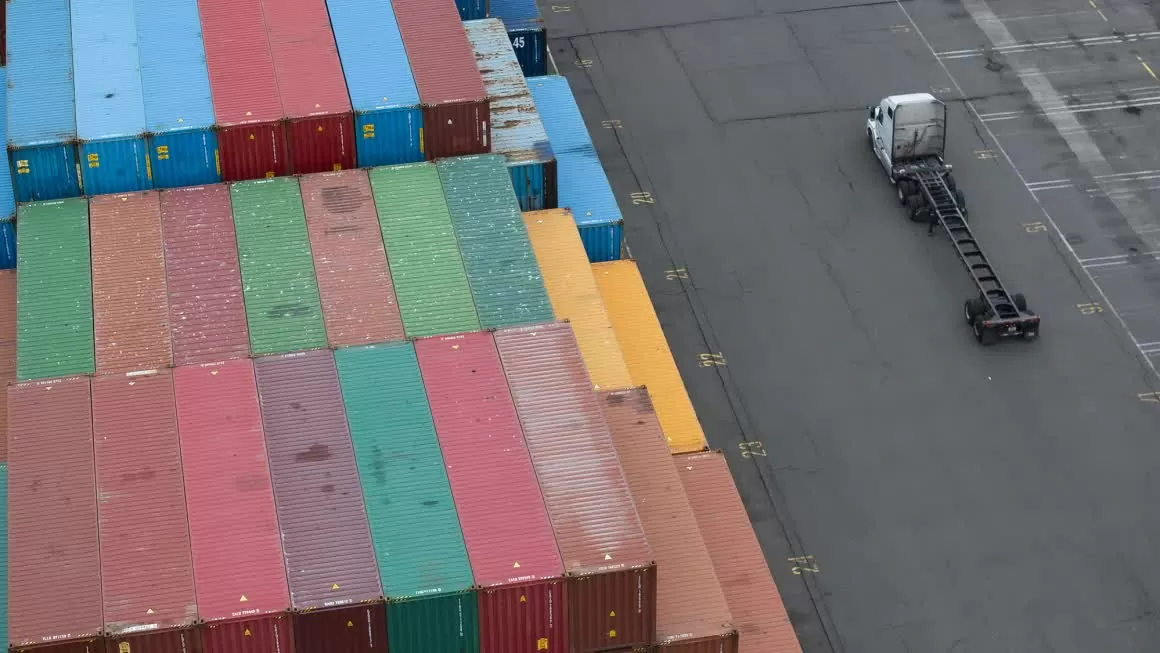 |
| China boosts self-sufficiency amid trade conflict with US. (Source: Getty Images) |
The decision shows that the country of one billion people is ready to use food as a tool to deal with the US - one of the country's largest agricultural suppliers.
The Chinese government has been pushing for self-sufficiency in agriculture, reflecting the impact of the economic slowdown on consumer demand.
The world ’s second-largest economy’s less-than-expected economic recovery from the Covid-19 pandemic has created a bright spot: abundant food supplies, making the need to address the country’s food surplus all the more urgent.
Domestic wheat prices are at a five-year low and corn imports have fallen sharply.
Latest data shows that deflation is spreading in consumer prices, mainly due to sharp falls in food prices.
The government has responded by protecting domestic farmers. Traders have been asked to limit grain imports, while soybean shipments have been delayed.
Beijing’s recent moves, including trade investigations and tariffs on a range of products from rapeseed, beans, seafood, meat and dairy, suggest policymakers are not overly concerned about creating trade barriers, especially for high-end goods that are being hit by tightening household spending.
Behind these efforts are record grain output and a determination to take advantage of the current surplus to build up reserves.
Other technical measures, such as reducing the amount of soybean meal in animal feed, are also being promoted, reflecting concerns about the livestock industry's dependence on foreign soybean supplies.
Soybeans are now Washington’s largest agricultural export to Beijing, worth nearly $13 billion by 2024. China has been trying to diversify its supply, seeking other suppliers such as Brazil.
Still, the Chinese government will want to boost the economy, and a big part of that is encouraging consumers to spend more.
If the stimulus measures are successful, food prices could rise and attitudes on imports could change. In addition, the impact of climate change on crops could also influence policy decisions in the country of a billion people.
Source: https://baoquocte.vn/vi-sao-trung-quoc-tu-tin-ap-thue-nong-san-my-307030.html


![[Photo] T&T 1 and Ho Chi Minh City 1 People's Police Teams won the men's and women's team championships](https://vphoto.vietnam.vn/thumb/1200x675/vietnam/resource/IMAGE/2025/5/22/39db06ae67cb4001b7a556e8d9a56d07)


![[Photo] General Secretary To Lam chairs a working session with the Central Internal Affairs Commission](https://vphoto.vietnam.vn/thumb/1200x675/vietnam/resource/IMAGE/2025/5/22/3b7790f499da45b2803d8ae253207ef1)
![[Photo] Press delegation meeting to visit Truong Sa and DK1 Platform](https://vphoto.vietnam.vn/thumb/1200x675/vietnam/resource/IMAGE/2025/5/22/6b8d232877ec421a9e8187d83b9f8006)
![[Photo] Prime Minister Pham Minh Chinh chairs meeting on draft Resolution of National Assembly on International Financial Center in Vietnam](https://vphoto.vietnam.vn/thumb/1200x675/vietnam/resource/IMAGE/2025/5/22/d398664ff1a140629169ea5a24e1b4d0)
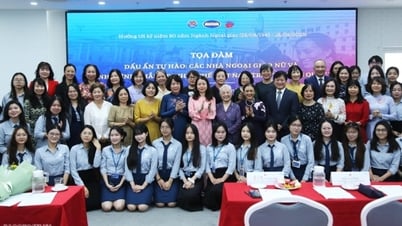









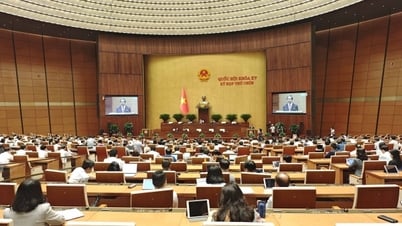





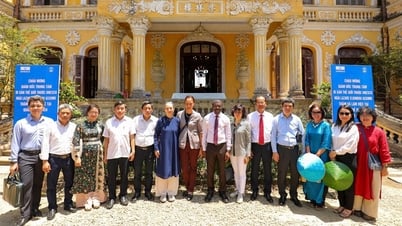









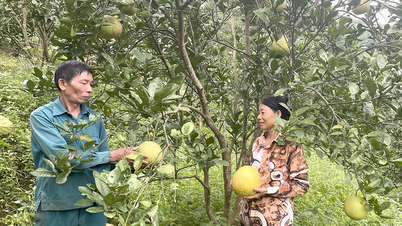














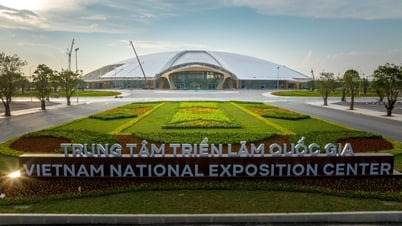






![[Infographic] Investment project to build Tu Lien bridge and roads at both ends of the bridge](https://vphoto.vietnam.vn/thumb/402x226/vietnam/resource/IMAGE/2025/5/23/3c167ece69cb4aecb3e55de5ebc38b88)
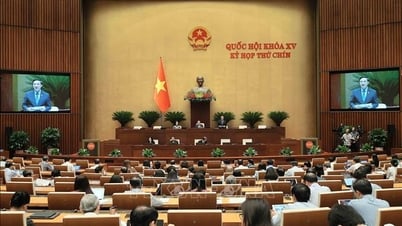



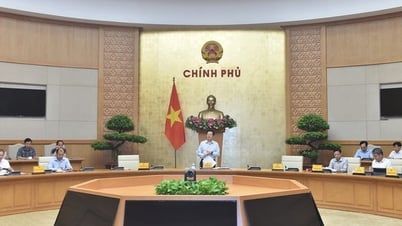


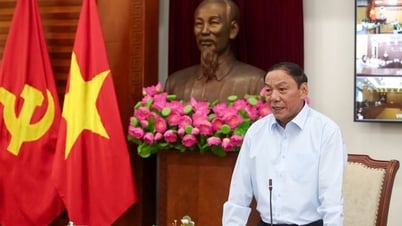



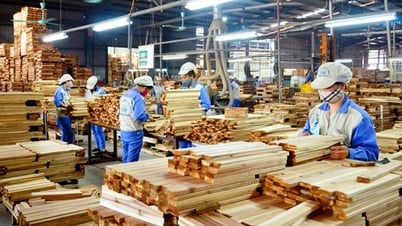
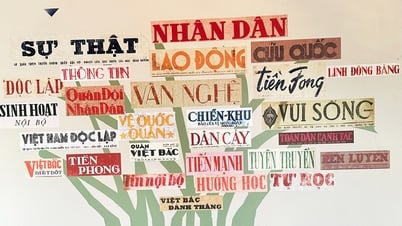









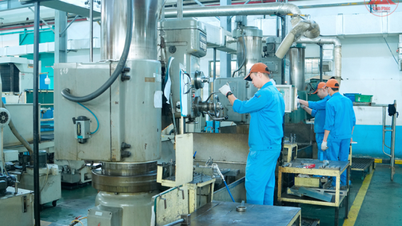




![[Podcast] Week introducing more than 500 OCOP products in Hanoi](https://vphoto.vietnam.vn/thumb/402x226/vietnam/resource/IMAGE/2025/5/22/d144aac2416744718388dbae3260e7fd)





Comment (0)